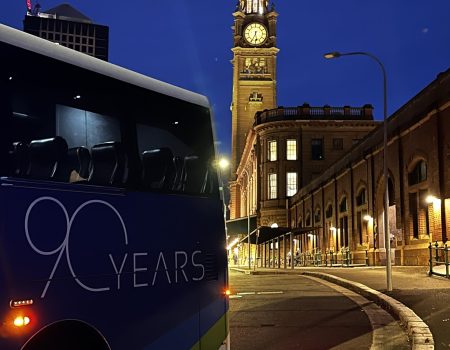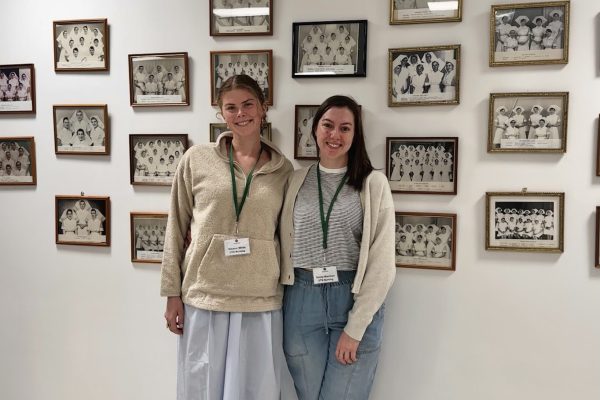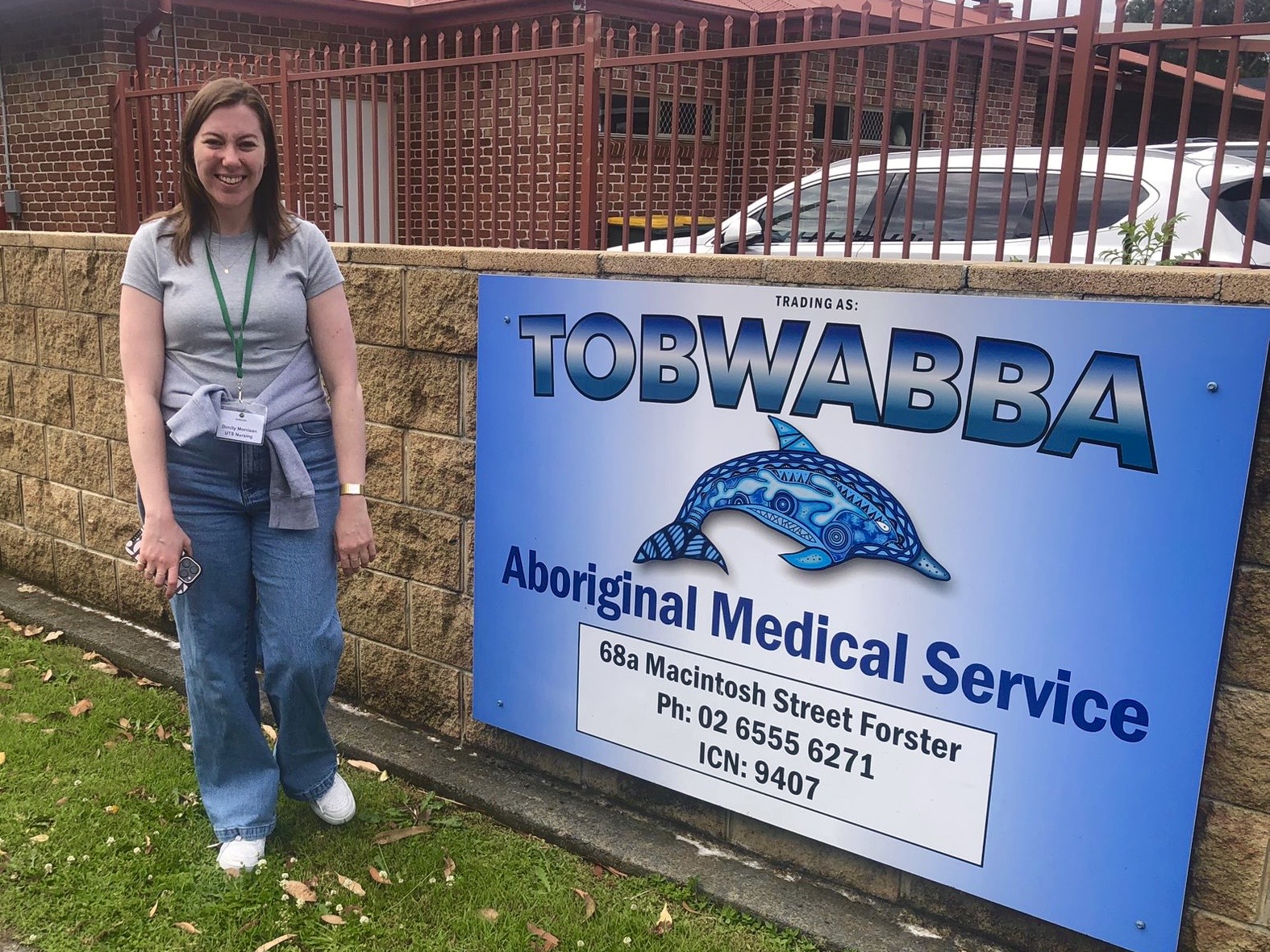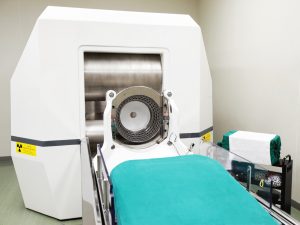My name is Dimity, and I am one of the Accounts Managers at Macquarie Neurosurgery. I am also a nursing student at the University of Technology Sydney and will graduate as a Registered Nurse at the end of the year.
I recently had the opportunity to join the Rural Doctors Network on their Go Rural Road Trip. This was an exciting opportunity for future healthcare providers to explore a career in rural healthcare while meeting with rural healthcare providers and visiting medical facilities. At Macquarie Neurosurgery, our neurosurgeons frequently see patients in rural areas of NSW such as Tamworth, Dubbo, Coffs Harbour, and Orange, so I was keen to explore what a career in rural healthcare has to offer and better understand the experiences and challenges of patients who live in regional areas.
At 6:00am on Thursday, 12th September, I boarded a coach from Central Station with 20 other students from universities all around New South Wales. I was excited to meet future doctors, nurses, psychologists, occupational therapists and physiotherapists. We shared the reasons for our interest in rural healthcare. Some of us grew up in rural areas or wanted to work rurally for the work-life balance; others had been patients at rural hospitals and wanted to give back to these communities. .

Over the four days, we travelled as far north as Tweed Valley, visiting hospitals such as the brand-new Tweed Valley Hospital and Lismore Hospital, we visited Aboriginal Medical Services in Forster and Woolgooga, and were introduced to different natural medicines and bush tucker while on an Aboriginal cultural tour in Byron Bay. At every stop, we received a warm welcome from healthcare providers who volunteered their time to show us around their facilities. Each volunteer had so much pride in their work and was passionate about delivering healthcare and making a difference in the lives of people living in regional areas.
Some of the challenges they shared were the availability of staffing, resources, and healthcare accessibility. Despite the wonderful work-life balance and endless career opportunities working rurally, health facilities struggle to maintain adequate staffing in these areas. Patients are either faced with long wait lists or will need to travel hours to see a specialist, go to a hospital, or even receive health testing and screening. In addition to this, the rising costs of appointments, stagnation of Medicare rebates, and costs associated with travelling to a major city from a country town also create a barrier to accessing healthcare. Patients who require long-term or frequent medical visits also need to consider accommodation costs which create an extra hurdle to accessing the care they need.

Coming back to work the following Monday, I felt proud to be part of an organization dedicated to improving access to neurosurgical care in regional areas. Macquarie Neurosurgery regularly conducts outreach clinics across NSW and offers telehealth appointments for patients who cannot travel or live interstate, ensuring that even those in regional areas can receive the care they need.







